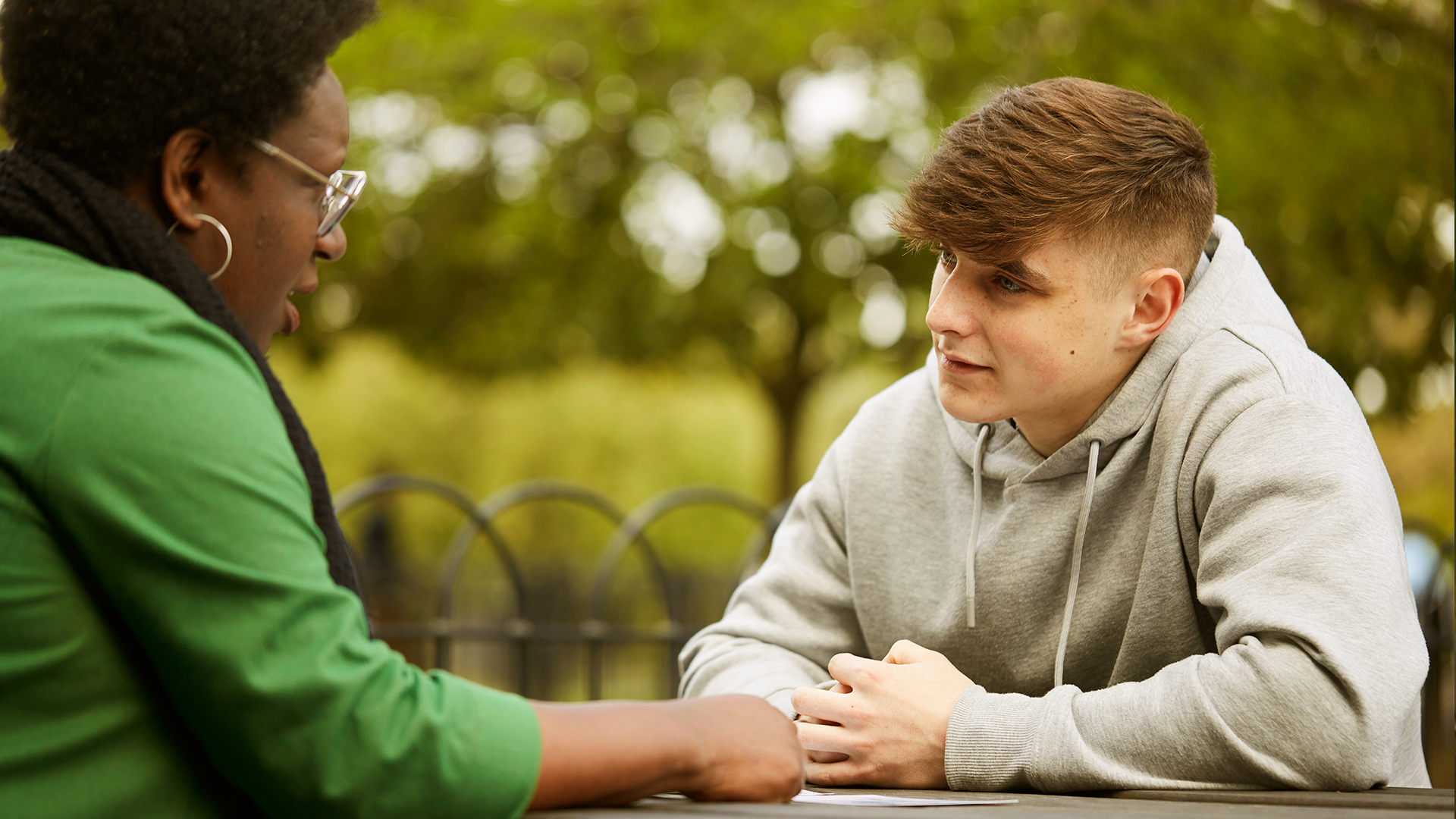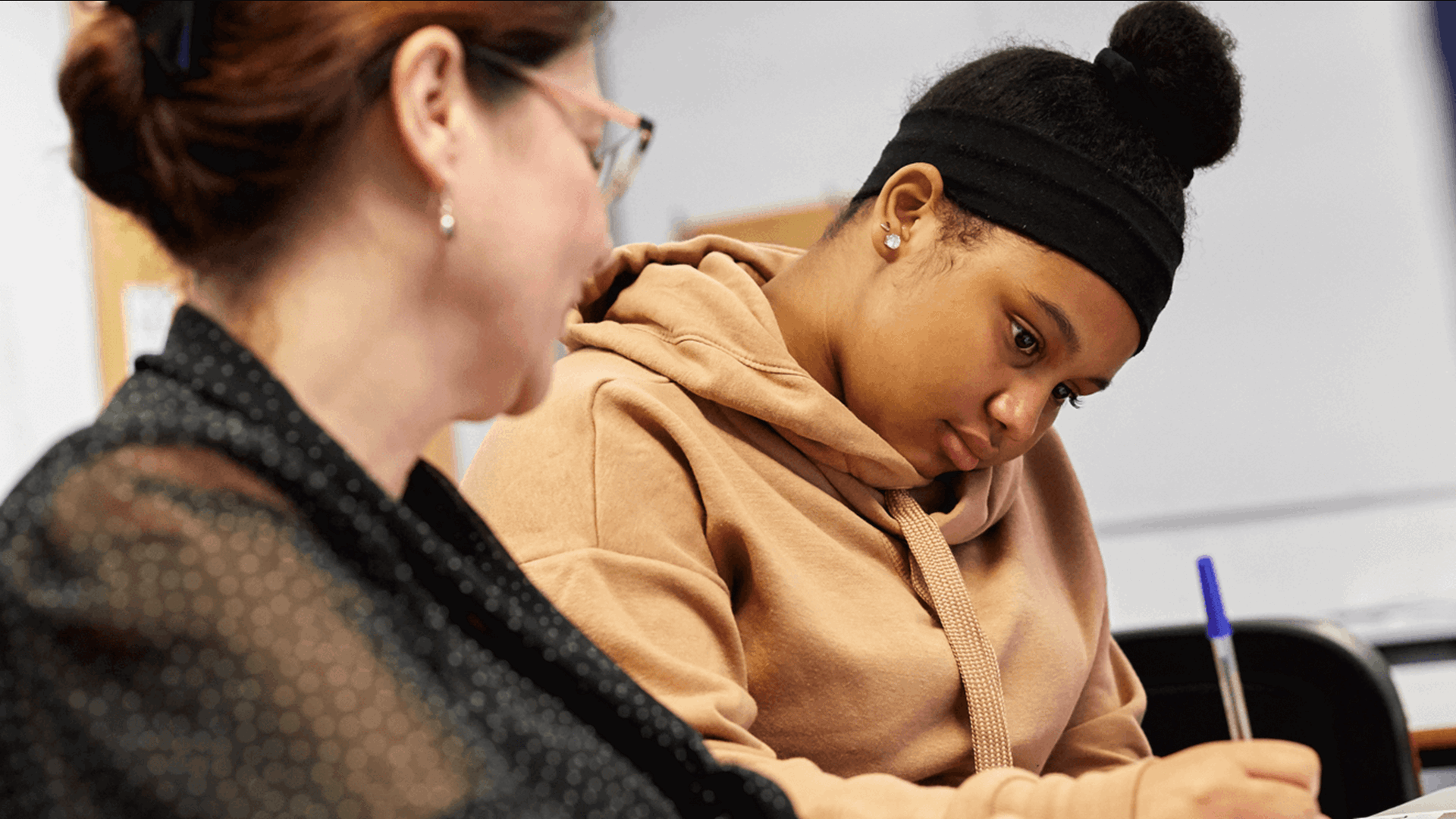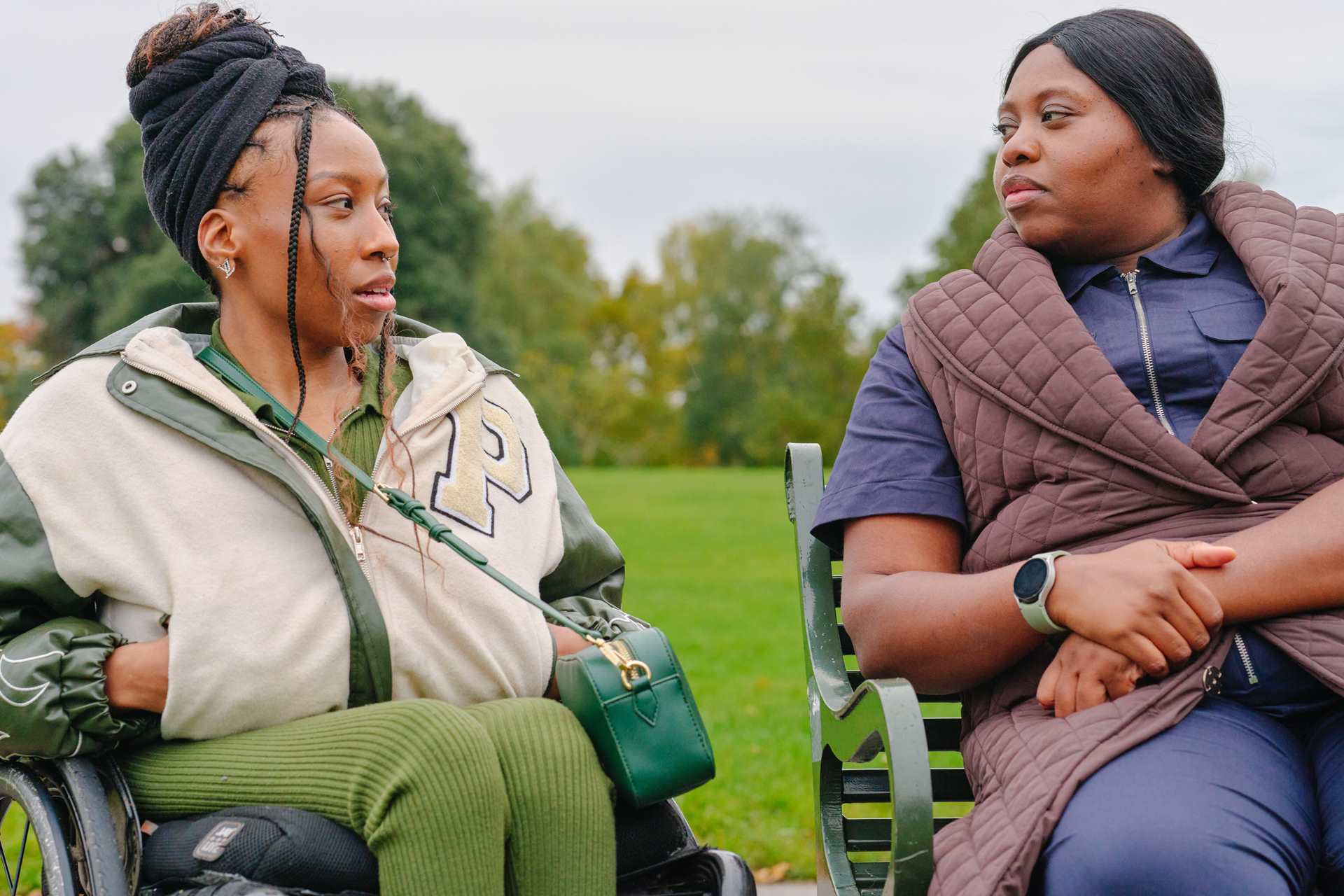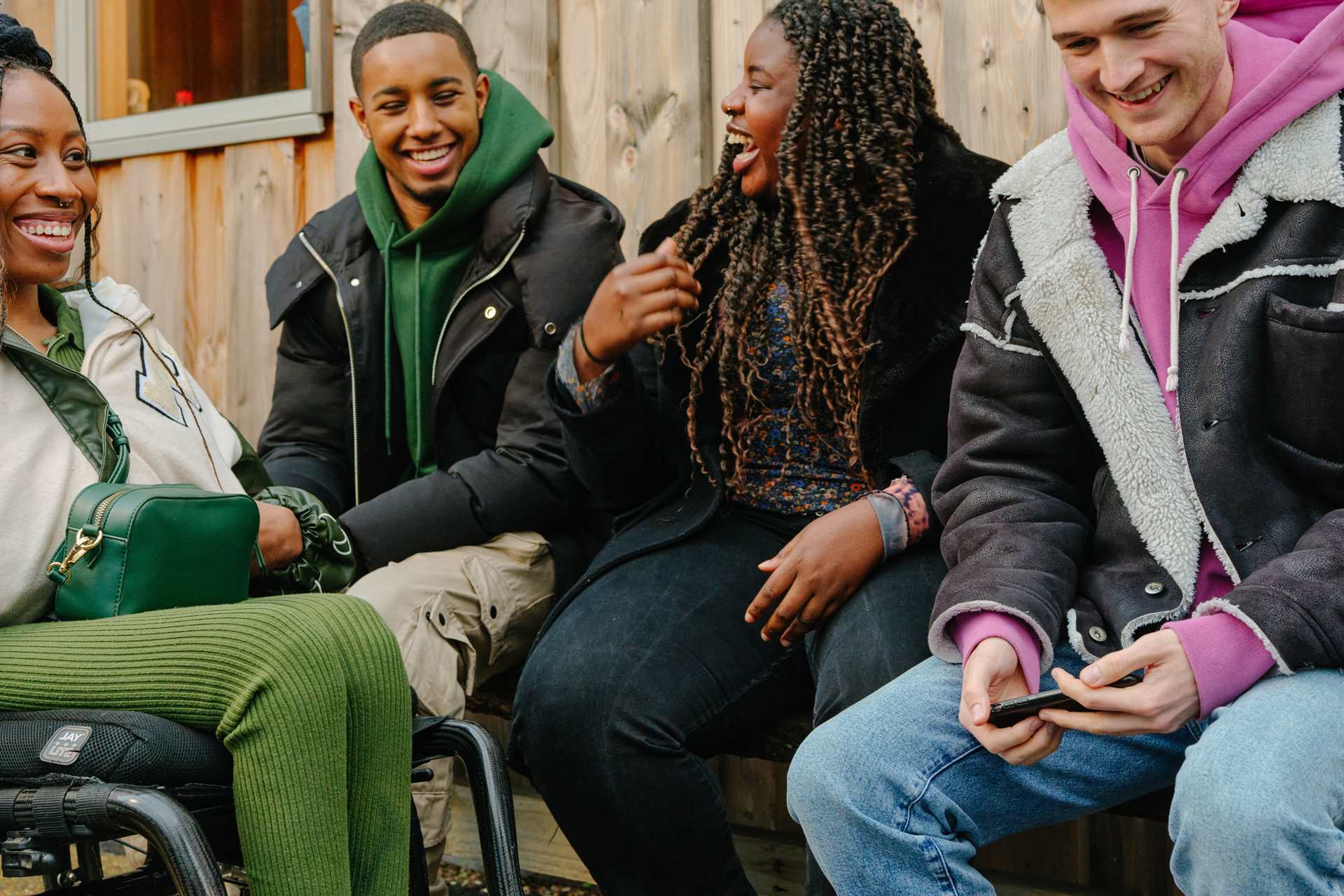
New research from YoungMinds reveals the strain of the youth mental health crisis in schools, with pressure falling on teachers to support pupils.
The findings paint a picture of teachers spending more time supporting their students’ mental health, pupils struggling to access support and the impact this is having on their mental health.
The research is released on World Mental Health Day and Hello Yellow day, YoungMinds’ flagship mental health awareness campaign where school pupils wear yellow to show their support for young people who are struggling with their mental health.
The new research shows:
-
Over half of teachers (56%) think they’ll spend more time supporting pupils’ mental health this school year.
For years the number of young people struggling with their mental health has been growing.
This escalation has been felt in schools, with 89% of teachers surveyed more involved in supporting young people’s metal health now than when they started their career and 69% saying pupils’ mental health is worse now than when they started teaching.
Teachers are dealing with the impact of young people's deteriorating mental health in the classroom. Three quarters of teachers (75%)[3] prioritise supporting pupils’ mental health over the curriculum at least once a week. For 24% of teachers this happens once a day. This includes making adjustments in class for specific pupils or supporting a young person in distress.
Young people across the country often face long waits for support and are unable to access help they need when they need it and this lack of support for their pupils’ mental health is a key concern among teachers. On average, teachers surveyed say one in five (19%) pupils need support with their mental health, but half of teachers (49%)[4] say of the pupils needing help, only a quarter or fewer are getting the support they need.
When asked about other forms of support, half of teachers (50%) say pupils talk with their friends while more than one in three (36%) say pupils speak up in school asking for better mental health support. Days like Hello Yellow are also a source of support for young people, with almost half of teachers (49%) saying pupils take part in mental health awareness days.
As well as supporting pupils’ mental health, many teachers are feeling the impact on their own mental health. 36% of teachers surveyed have struggled with their mental wellbeing in the past year and 30% say the pressure at work impacts their mental health.
Teachers are at capacity and there is no time to support these children effectively. We are not councillors or therapists, and I worry the tools we are told to use with these children are inconsistent and may do more harm than good. We are experts at teaching not mental health, if we were, we would have better mental health ourselves and maybe more teachers would stay in the profession.
This new research provides further evidence of a spiralling youth mental health crisis and exposes the harmful impact this is having on pupils and teachers, affecting pupils’ ability to learn, and diverting teachers’ time away from focusing on teaching.
Growing up today is tough, with many experiencing multiple pressures including inequality, discrimination, poverty, and a future that looks uncertain. Add on intense academic pressure and around the clock social media, it’s no wonder so many are struggling.
We’ve released this research on YoungMinds’ Hello Yellow day and World Mental Health Day, to raise awareness of the young people struggling with their mental health and the teachers that support them. By wearing yellow today, people are showing up for young people and giving a clear signal that they are not alone. Days like today are important but we also need action. The Government can ease the pressure on teachers by rolling out open access early support hubs in every community as soon as possible, so young people can get help early for their mental health. We also need more mental health support in schools and to rebalance the education system so that wellbeing is a priority alongside academic achievement.
The research was conducted by Censuswide with 1005 UK Primary and Secondary School Teachers between 09/09/24 - 16/09/24. Censuswide abide by and employ members of the Market Research Society which is based on the ESOMAR principles and are members of The British Polling Council.
- [1] Combines ‘Strongly agree’ and ‘Somewhat agree’.
- [2] Combines ‘Once a week’, 2-6 days a week’, Once a day’, ‘More than once a day, please specify in times per day’.
- [3] Combines ‘Once a week, Once every 2-6 days, Once a day, More than once a day, please specify in times per day.
- [4] Those who have a proportion of their pupils who need support with their mental health.
About YoungMinds
YoungMinds is the UK’s leading charity fighting for young people’s mental health.
Follow us on Twitter @YoungMindsUK and Facebook.
For free advice and support for parents, call our Parents Helpline on 0808 802 5544.



